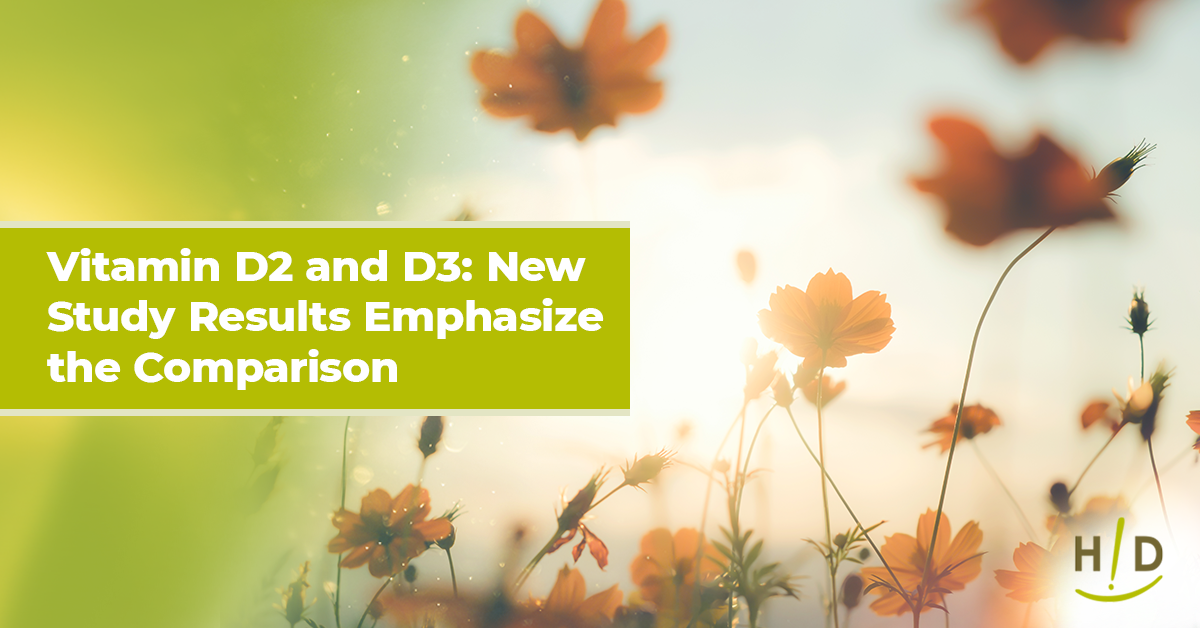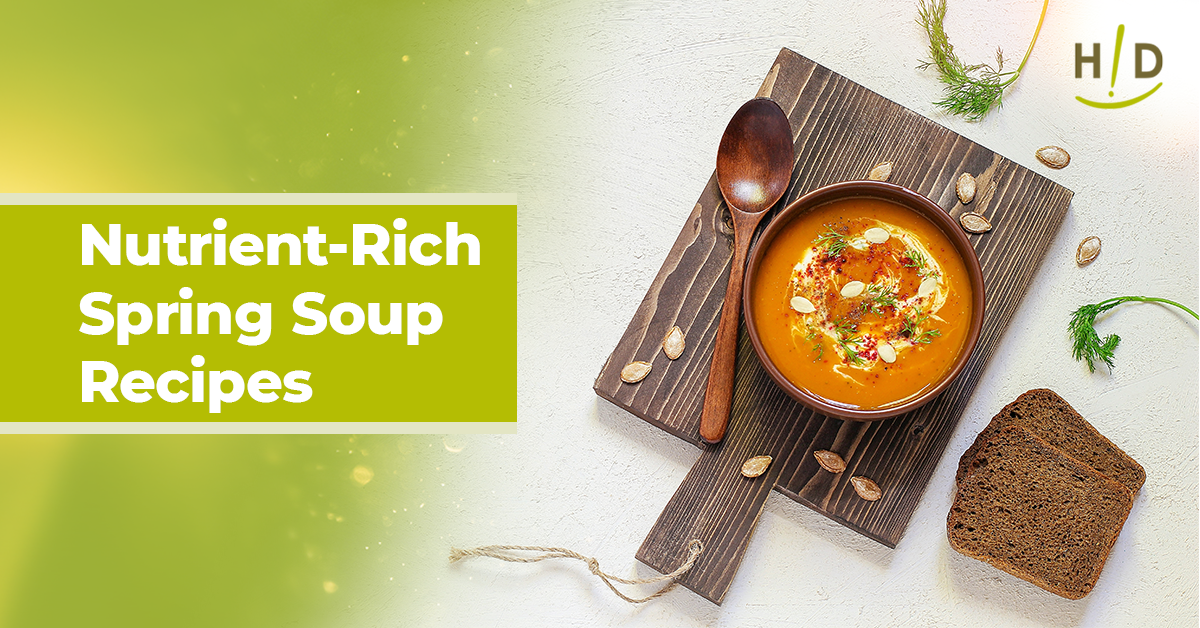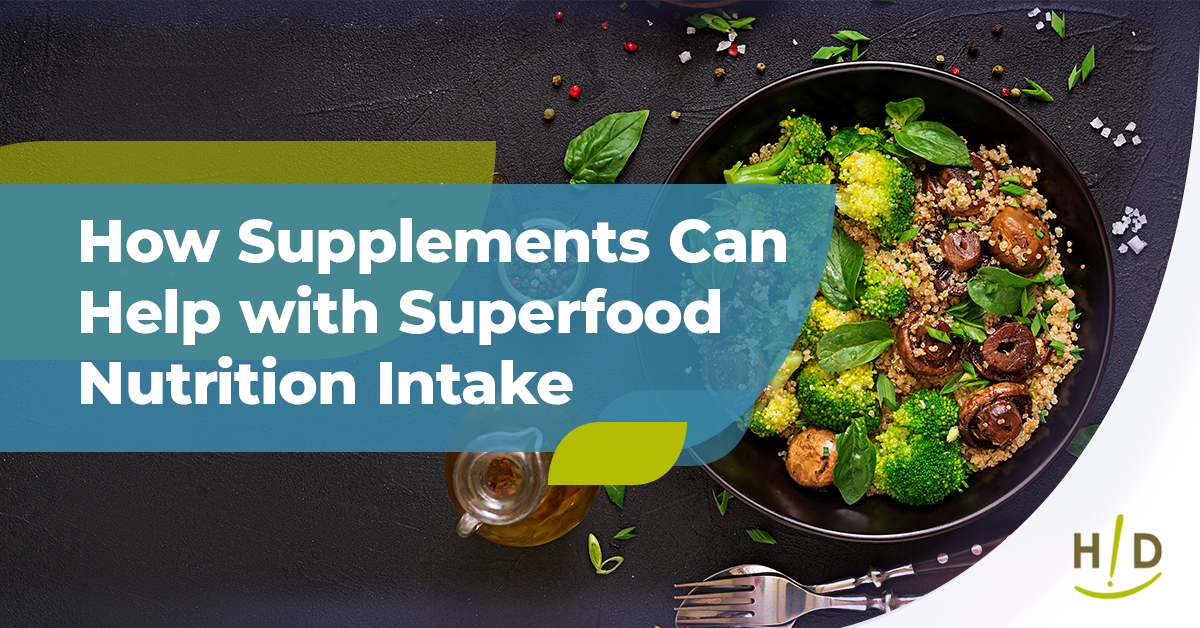Previously, we discovered the difference between Vitamin D2 and Vitamin D3. The two single forms of vitamin D differ in the way they are naturally intended to benefit your health. Made by the body itself, D3 is the more natural, biologically active choice. Though both can have an impact on your health, vitamin D3 is more easily absorbed and the more beneficial of the two, while vitamin D2 leaves behind unnatural breakdown product. Though some agree that D2 is a viable option, here at Hallelujah Diet we believe that D3 is the more superior of the vitamin Ds. And now, a recent study published in the journal Nutrients has concluded as such.
Vitamin D3 Results
Researchers from the Technical University of Denmark and the University of Denmark hypothesized that there would be no difference between the dietary consumption of vitamin D3, 25-hydroxyvitamin D3 and vitamin D2. They surmised that each would impact vitamin D status the same. To test their theory, the team of researchers conducted a randomized, crossover study of 12 young, healthy men to determine the bioactivity of the different forms of vitamin D. For several weeks at a time, the men were given one of the three sources. When the men supplemented with 25-hydroxyvitamin D3, there was an uptick in the status of vitamin D. When they were supplementing with vitamin D2 however, there was a decrease. As a result, the researchers rejected their original hypothesis. In the end, D3 had more of an impact on the body.

An Ideal Nutrient
As The Global Healing Center detailed, the aforementioned study is far from the first to demonstrate the greater ability and effectiveness of vitamin D3 over vitamin D2. Years of research continue to put D3 in the spotlight as the more ideal nutrient for the body. In fact, it has been demonstrated to have 300 percent more effectiveness functionally, primarily because it is better absorbed by the body. D3 is created when natural sunshine touches the body's skin, causing cholesterol to convert into an active form of the vitamin. As Dr. Mercola reported, research has demonstrated that D3 can convert to its active form 500 percent more quickly and be 87 percent more effective at bringing up and holding onto vitamin D levels, which is especially important during the winter months when there is a lack of sunshine.
Sources of Vitamin D
One of the best ways to promote the natural creation of vitamin D3 within the body is to get adequate amounts of sunlight. Even just a few moments out in the sunshine each day can really make a difference. The most common food sources of sufficient vitamin D include animal and dairy products. As such, it's not always easy for those following a raw lifestyle to get the amount of vitamin D they need. For those eating a primarily raw, plant-based diet, you may consider supplementing with Vitamin D3 with K2. Boosting cardiovascular and bone health and supporting the metabolism of calcium through the body, D3 and K2 work in tandem to increase the absorption of calcium and then properly deposit that calcium. This synergistic combination can help, read more in another post about why you need more vitamin D and maintaining healthy levels.






